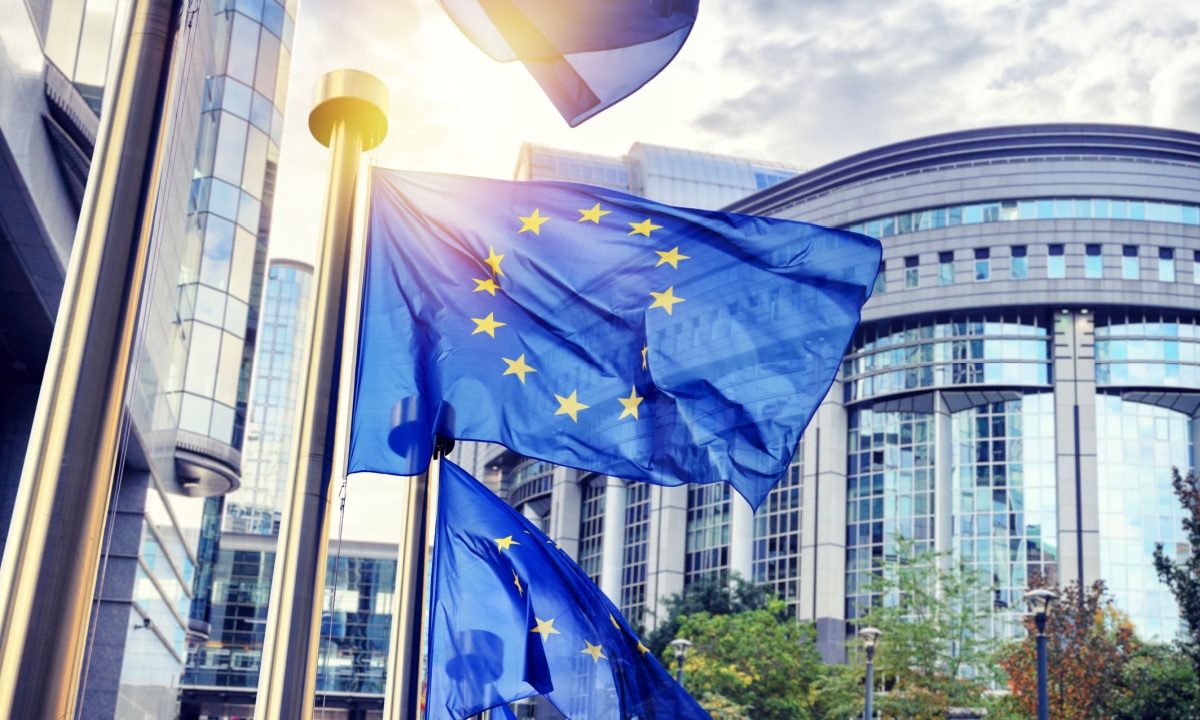Ursula von der Leyen Appoints Spanish Minister to Key Role in European Commission

European Commission President Ursula von der Leyen has selected Teresa Ribera, Spain’s Ecological Transition Minister, as her second-in-command. Ribera will take on a critical role in overseeing a broad portfolio that includes climate policy, competition, and foreign subsidies, positioning her at the heart of the European Union’s most pressing challenges.
According to Reuters, Ribera, a prominent Socialist politician, has been designated as the Commission’s “first executive vice president.” Her responsibilities will include steering the EU’s ambitious Green Deal and ensuring that the bloc remains competitive in an increasingly tough global market. Von der Leyen emphasized that Ribera’s leadership will be crucial in guiding Europe toward its climate goals while fostering a fair and competitive economic transition.
“She will guide the work to ensure Europe stays on track for its goals set out in the Green Deal,” von der Leyen said, per Reuters. The Green Deal is a cornerstone of the EU’s strategy to combat climate change, aiming to make the continent climate-neutral by 2050. In this role, Ribera will need to balance ecological imperatives with economic realities.
Read more: EU Faces Critical Innovation Gap, Draghi Report Urges Antitrust Reforms
Ribera will face a confirmation hearing in the European Parliament, a process required for all commissioners-designate. If confirmed, she will take over from Denmark’s Margrethe Vestager, a well-known figure for her hardline stance on antitrust issues, particularly against Big Tech. Vestager’s work has put pressure on tech giants to ensure fair competition across digital platforms, a responsibility Ribera will now inherit.
Additionally, Ribera will oversee the EU’s approach to foreign subsidies, a contentious issue as European industries, particularly in sectors like electric vehicles and energy, face fierce competition from cheaper alternatives, especially from China. According to Reuters, these industries are grappling with how to protect their business models amid rising pressure from international competitors.
The European Commission wields significant influence within the EU, holding the authority to propose new laws, block mergers between companies, and negotiate free trade agreements. Each of the 27 member states in the EU is represented on the Commission, with their political clout often varying based on their assigned portfolio.
Ribera’s appointment comes at a critical time as the European Union grapples with both internal and external pressures, ranging from climate change to economic competition on the global stage.
Featured News
Big Tech Braces for Potential Changes Under a Second Trump Presidency
Nov 6, 2024 by
CPI
Trump’s Potential Shift in US Antitrust Policy Raises Questions for Big Tech and Mergers
Nov 6, 2024 by
CPI
EU Set to Fine Apple in First Major Enforcement of Digital Markets Act
Nov 5, 2024 by
CPI
Six Indicted in Federal Bid-Rigging Schemes Involving Government IT Contracts
Nov 5, 2024 by
CPI
Ireland Secures First €3 Billion Apple Tax Payment, Boosting Exchequer Funds
Nov 5, 2024 by
CPI
Antitrust Mix by CPI
Antitrust Chronicle® – Remedies Revisited
Oct 30, 2024 by
CPI
Fixing the Fix: Updating Policy on Merger Remedies
Oct 30, 2024 by
CPI
Methodology Matters: The 2017 FTC Remedies Study
Oct 30, 2024 by
CPI
U.S. v. AT&T: Five Lessons for Vertical Merger Enforcement
Oct 30, 2024 by
CPI
The Search for Antitrust Remedies in Tech Leads Beyond Antitrust
Oct 30, 2024 by
CPI